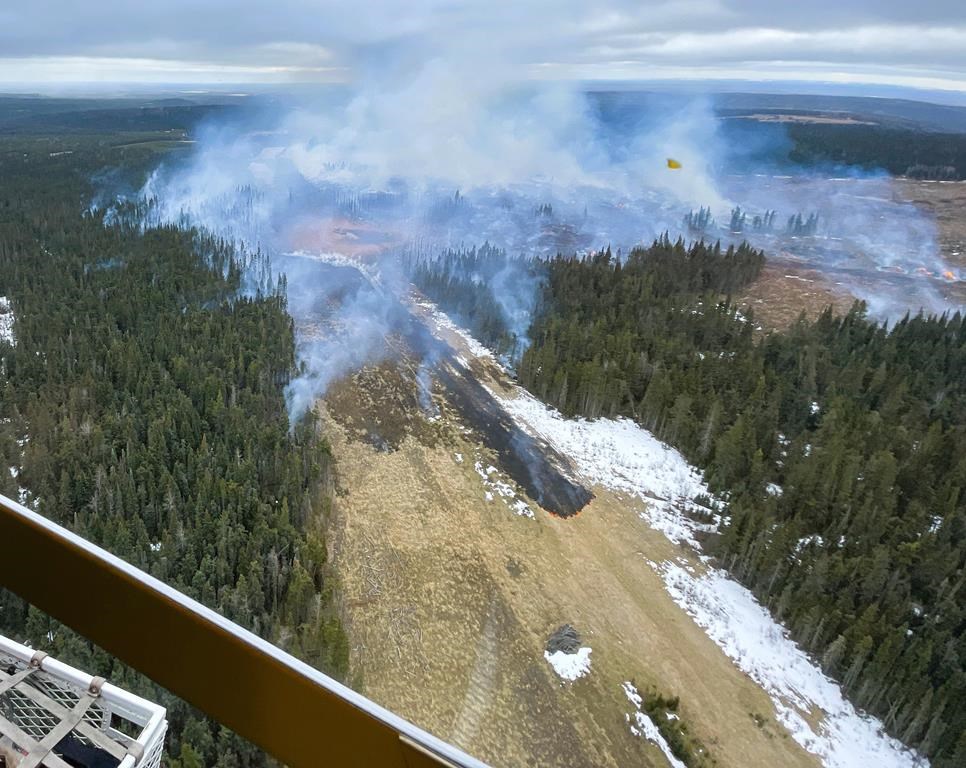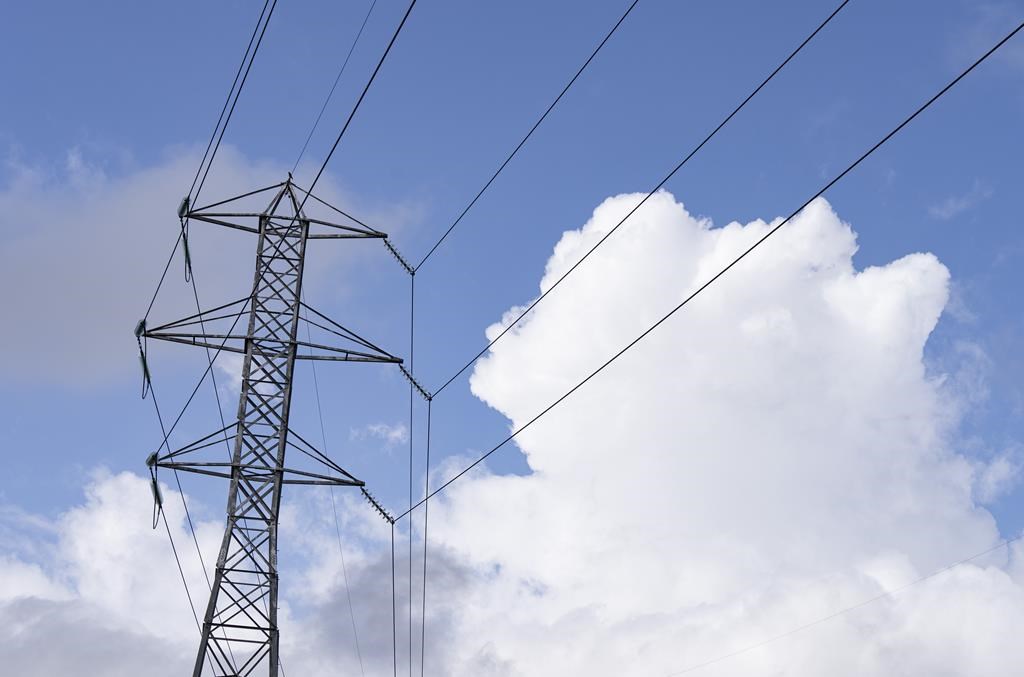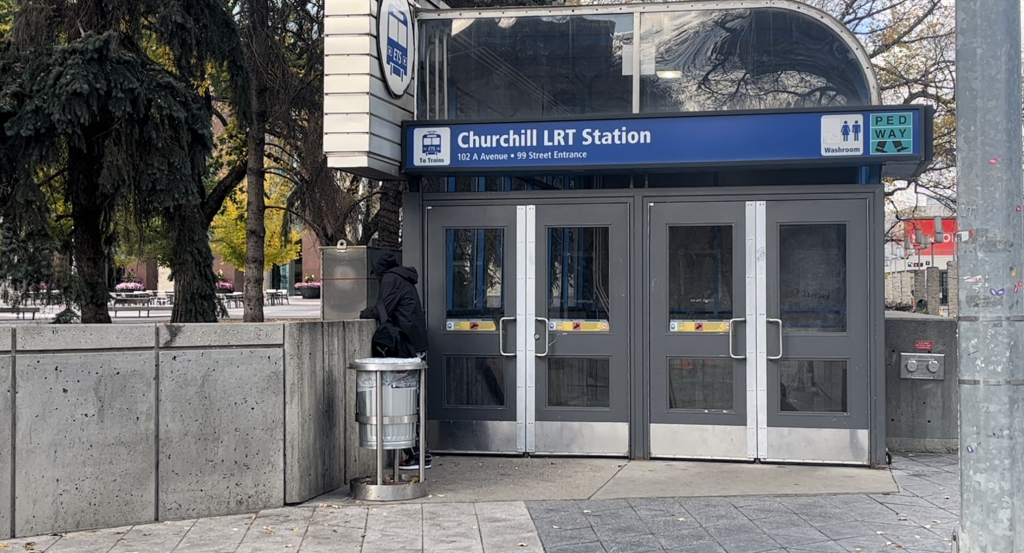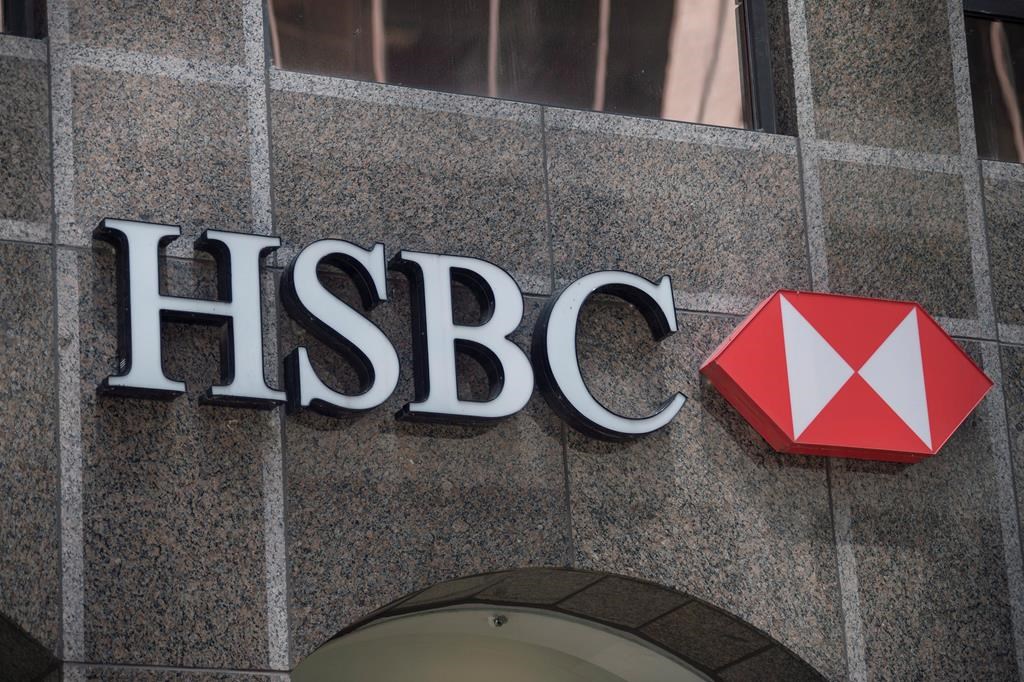Despite legalization of same-sex marriage years ago, new poll finds there’s still room for improvement
Posted August 1, 2019 6:54 am.
Last Updated August 1, 2019 12:26 pm.
VANCOUVER (NEWS 1130) – It’s been more than 10 years since same-sex marriage was legalized in Canada, but a new poll appears to show there’s still room for improvement when it comes to acceptance and inclusivity.
Research Co. has found one-in-10 Canadians still don’t think same-sex couples should be legally allowed to tie the knot.
“And a similar proportion who believe that we should go back to the concept of civil union,” pollster Mario Canseco explains. “So, it’s a good opportunity to track this over time. I think as the Canadian population ages and gets more exposed to the situation related to LGBT rights — certainly more than they when this became law in the early 21st century, the numbers might actually go down.”
Related video: Vancouver pride week begins
The Research Co. president points out the change over the years to the level of support for same-sex marriage refutes any claims that “a lot of people want to revisit this.”
“If anything, there’s a high-level of support for the laws that we have at this stage,” he says. “I do remember the time when this was being discussed during the Paul Martin government, it was definitely a more contentious issue.”
The survey found 64 per cent of respondents believe same-sex couples should be allowed to continue to legally marry.
When it comes to who thinks what, Canseco says there is a trend among certain groups of people.
The poll has found Canadians of European descent are more likely to approve same-sex marriage than those of East Asian or South Asian descent.
“There is a higher level of undecided,” Canseco says. “It’s partly because, maybe, we are talking about residents who haven’t been exposed to this type of discussion in their homes or in their homelands and that definitely plays a role in the way in which they are going to be perceiving this matter.”
Meantime, most Canadians — 62 per cent — polled say they also support LGBTQ-friendly education, including — but not limited to — B.C.’s SOGI-123 school resource.
“It’s something that is roughly uniform across the country, and we do see a higher level of support from millennials and women — they tend to be more mindful of this kind of situation,” Canseco explains.
However, 45 per cent say schools “definitely” or “probably” should let parents know if their children join a gay-straight alliance.
“Which I think definitely has a lot more to do with the assumption that the parents may not be aware of what is happening, and it’s a situation that could lead to children being outed, which is definitely not what anybody would like to see,” Canseco said.








